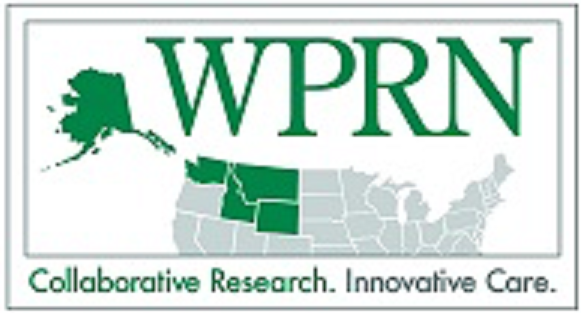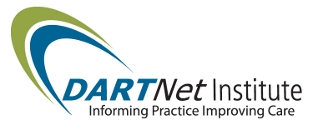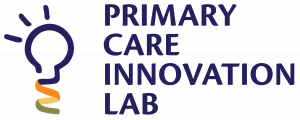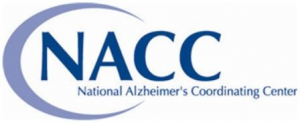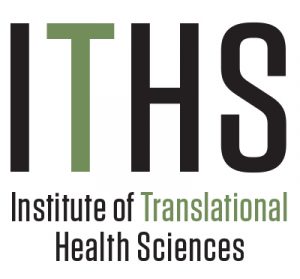A COLLABORATIVE GROUP OF RESEARCHERS AND CLINICIANS WORKING TO IMPROVE THE HEALTH OF VULNERABLE POPULATIONS
Research Team – Department of Family Medicine
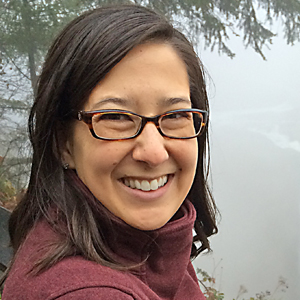
Kari Stephens, PhD
Director of Clinical Research Informatics
Associate Professor
Profile
Publications

Chialing Hsu, MS
Research Scientist
Profile
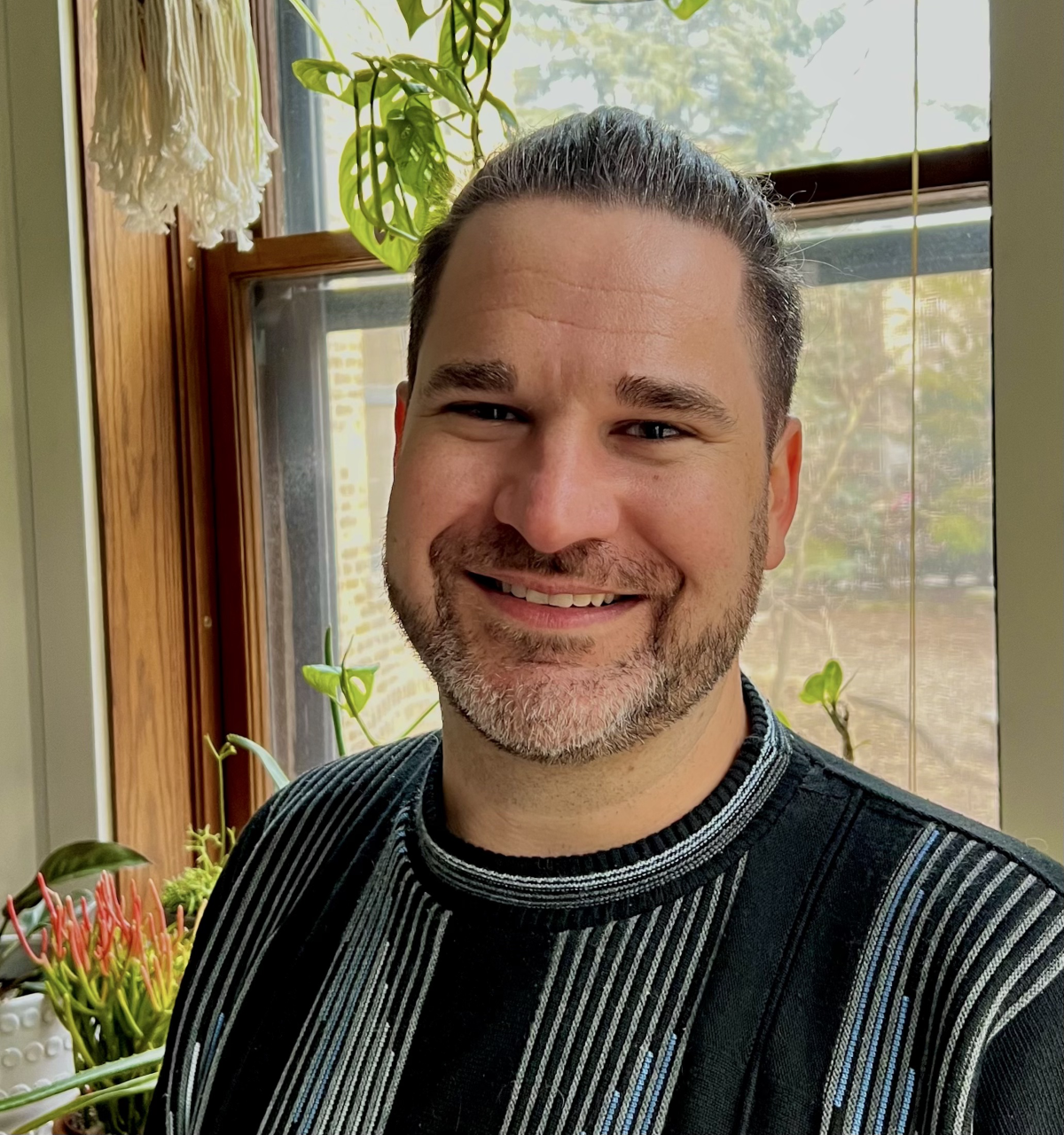
Brennan Keiser, MSW
Research Coordinator
Profile

Tracy Anastas, PhD
Post Doctoral Trainee
Profile
Publications

Maria Prado, MPH
Research Coordinator
Profile
Research Team – Affiliate Investigators
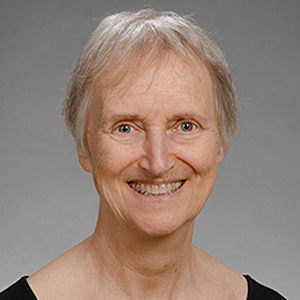
Laura-Mae Baldwin, MD, MPH
University of Washington
Profile

Sean Mooney, PhD
University of Washington
Profile

Sebastian Tong, MD, MPH
University of Washington
Profile

Allison Cole, MD, MPH
University of Washington
Profile

Wilson Pace, MD, FAAFP
DARTNet Institute
Profile
Partners
The WPRN is a collaborative group of over 80 primary care practices in the five-state WWAMI region (Washington, Wyoming, Alaska, Montana, and Idaho) committed to research and practice improvement. Its mission is to improve the health and well-being of patients in their communities through the conduct of collaborative research that informs and enhances primary care clinical practice. The WPRN’s diversity of geography and practice type allows it to reach many rural and underserved populations. WPRN Data QUEST practices are located in rural and urban Idaho and Washington State.
WPRN Data QUEST clinic characteristics:
• Community Health Centers and Rural Health Centers
• Clinics range from less than 6,000 to 55,000 patient visits/year
• Clinics are in towns and cities of varying sizes, with populations of smaller than 1000 to over 200,000.
The DARTNet Institute is a rapidly growing collaboration of practice-based research networks that are building a national collection of data from electronic health records, claims, and patient-reported outcomes. The networks blend quality improvement, effectiveness, and translational research with a data-driven learning system. The learning system includes advanced performance measures and assistance with the development and deployment of clinical decision support systems. The WPRN is a close collaborator with the DARTNet Institute and can help facilitate research projects across the sister networks to allow for much broader national representation and diversity in populations needed to drive innovative health discovery.
The Primary Care Innovation Lab (PCI-Lab) is a Center based within the University of Washington Department of Family Medicine. PCI-Lab is an interdisciplinary collection of faculty who connect industry, clinical, and academic stakeholders to accelerate the design, implementation, and productive use of technology to improve primary care. The projects they pursue include needs assessment and workflow analysis, system design, implementation process and adoption, in context and usability testing, as well as scaling pilots and projects to sustainable systems.
The eScience Institute empowers researchers and students at the University of Washington (UW) to answer fundamental questions through the use of large, complex, and noisy data. As the hub of data-intensive discovery at the UW, they lead a community of innovators in the techniques, technologies, and best practices of data science and the fields that depend on them.
The National Alzeimer’s Disease Centers was established by the National Institute on Aging/NIH in 1999 to facilitate collaborative research. Using data collected from the NIA-funded Alzeimer’s Disease Centers (ADCs) across the United States, the National Alzheimer’s Coordinating Center (NACC) has developed and maintains a large relational database of standardized clinical and neuropathological research data. In partnership with the Alzeimer’s Disease Genetics Consortium (ADGC), the National Centralized Repository for Alzheimer’s Disease and Related Disorders (NCRAD), and the NIA Genetics of Alzheimer’s Disease Data Storage Site (NIAGADS), NACC provides a valuable resource for both exploratory and explanatory Alzheimer’s disease research. NACC data are freely available to all researchers. NACC is a part of the Research Collaborative Network (RCCN).
Since 2001, the University of Washington Alcohol and Drug Abuse Institute (ADAI) has been the home for the Pacific Northwest Node of the CTN. The PNW Node is a collaboration between the Regional Research and Training Center at ADAI and affiliated community partners in Washington and Alaska. The National Drug Abuse Treatment Clinical Trials Network (CTN) was developed by the National Institute on Drug Abuse (NIDA) so NIDA, university researchers, health care organizations, and community-based providers can engage collaboratively to improve the quality and outcome of drug treatment. The CTN consists of a Clinical Coordinating Center, a Data and Statistics Center, and thirteen Regional Nodes.
Institutional Support
The Department of Family Medicine at the University of Washington has a distinguished history of offering medical education and conducting research throughout Washington, Wyoming, Alaska, Montana, and Idaho (the WWAMI states). The Department also provides leadership for core curriculum in the School of Medicine and is recognized for its research and academic programs in rural communities, including its support for the WWAMI region Practice and Research Network. With over 1000 clinical faculty members located throughout the WWAMI region, and over 50 regular faculty located at the University site in Seattle, the Department is one of the largest of its kind in the country.







